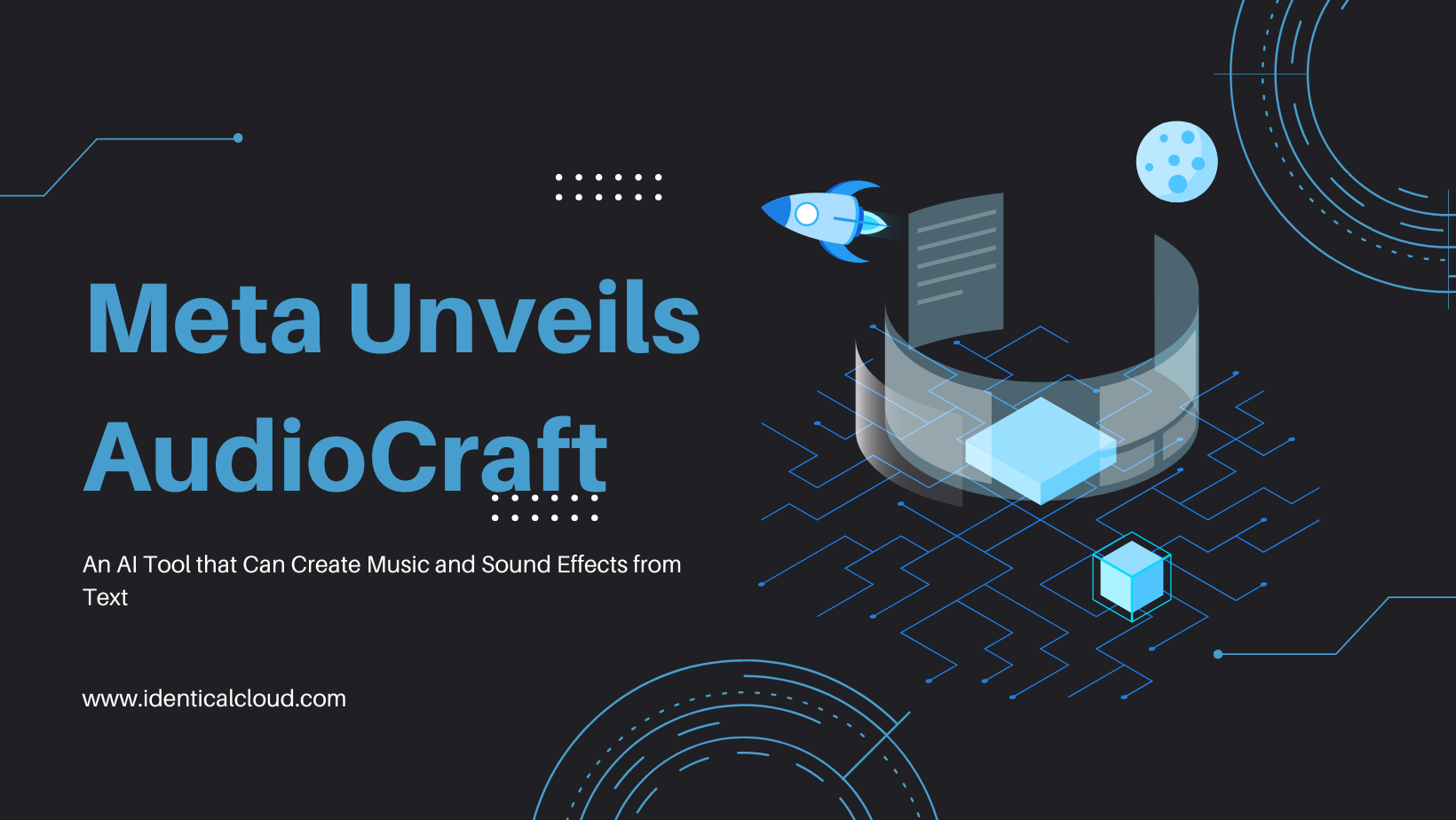
Meta’s AI Music Tool Could Threaten Musicians’ Income
Meta’s AI Music Tool Could Threaten Musicians’ Income
Meta, the parent company of Facebook and Instagram, recently announced a new AI music tool called AudioCraft. AudioCraft is a software program that can create original music based on a user’s input. This could pose a threat to musicians’ income, as it could make it easier for people to create and distribute music without having to hire a musician.
The Promise of AI in Music Creation
Meta’s AI music tool, driven by sophisticated machine learning algorithms, offers the allure of efficiency, speed, and accessibility in music creation. It can generate melodies, harmonies, rhythms, and even entire compositions in a matter of moments, opening the door to creative possibilities that were once unimaginable. Additionally, AI tools can analyze vast amounts of data to identify popular trends and tailor compositions to suit specific genres and tastes, potentially resulting in hits that resonate with a wide audience.
Threats to Musicians’ Income
While the potential benefits of AI-powered music tools are evident, they also raise valid concerns, particularly regarding musicians’ income:
- Devaluation of Creativity: As AI tools become more sophisticated, there is a risk of devaluing the creative process that musicians invest time, effort, and emotion into. If AI-generated music floods the market, original compositions created by human artists could be overshadowed.
- Loss of Unique Voice: One of the cornerstones of music is the unique voice and expression of each artist. AI-generated music, while proficient, may lack the soul, passion, and authenticity that listeners often seek in human-made compositions.
- Income Disparity: With AI-generated music potentially flooding the market, the increased supply could lead to a decrease in demand for human-made music. This oversaturation could impact musicians’ ability to earn a sustainable income from their craft.
- Challenges to Copyright and Royalties: The emergence of AI-generated music could lead to legal challenges surrounding copyright ownership and fair distribution of royalties. Determining the rightful creators of AI-generated compositions may become a complex issue.
Navigating the Future
While the concerns are valid, it’s important to note that technology often presents both challenges and opportunities. Instead of outright rejection, there are ways to navigate the impact of Meta’s AI music tool and similar innovations:
- Embrace Collaboration: Musicians can explore collaboration between human artists and AI tools, leveraging AI-generated elements to enhance their own compositions.
- Focus on Authenticity: Musicians can emphasize the human aspects of their work, highlighting the emotional depth and personal narratives that set their music apart from AI-generated content.
- Advocate for Fair Compensation: Musicians and industry stakeholders can advocate for fair compensation models that ensure proper royalties for both human and AI-generated compositions.
- Education and Adaptation: Musicians can stay informed about AI technology and explore ways to incorporate it into their creative processes while preserving their artistic integrity.
Meta’s AI music tool undoubtedly holds the potential to reshape the music landscape, presenting both opportunities and challenges for musicians’ income and artistic identity. As the music industry grapples with this evolving reality, a balanced approach that combines technological innovation with respect for human creativity is essential. By embracing collaboration, nurturing authenticity, advocating for fair compensation, and staying adaptable, musicians can continue to thrive in an AI-augmented musical landscape while preserving the unique essence that makes their craft truly exceptional.
